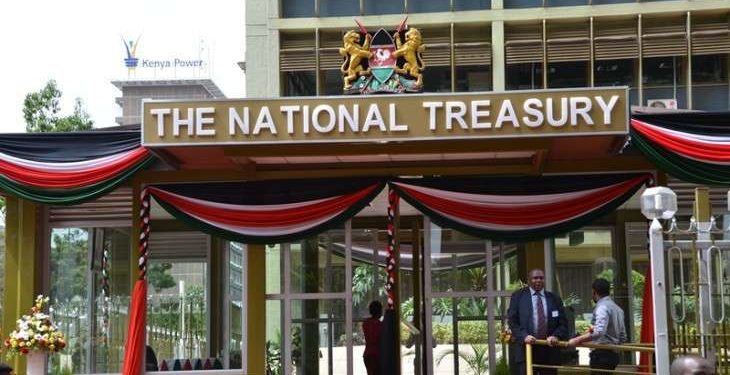The National Treasury of Kenya is actively pursuing an international consultant to provide guidance on restructuring Public-Private Partnership (PPP) initiatives, aiming to invigorate public infrastructure projects Amidst a challenging economic milieu.
The endeavor unfolds against a backdrop of heightened financing costs, currency depreciation, and escalating project implementation expenses, factors dampening the allure of public infrastructure endeavors for private investors.
Director General of the PPP unit at the National Treasury, Christopher Kirigua, stressed the pivotal role of favorable macroeconomic conditions in fortifying a resilient PPP program.
“The macroeconomic environment, the interest rate environment, the exchange rate environment is very critical for a very strong and successful PPP program,” Kirigua elucidated in an interview.
Kirigua emphasized the imperative for investors to meticulously assess the commercial viability of projects from inception, underlining that their engagement hinges on potential returns.
The forthcoming international tender by the government aims to secure the expertise of a seasoned consultant to navigate the intricacies of PPP project structuring.
The National Treasury’s PPP Committee has approved a comprehensive 10-year infrastructure plan, aimed at realigning all government projects with a focus on funding through partnerships with private investors or public funds.
The proposed scheme prioritizes Environmental, Social, and Corporate Governance (ESG) standards as pivotal benchmarks in project execution, alongside anticipated returns and their socioeconomic impact.
“The mode of prioritization will be based on the economic value, the social impact, and the returns the projects will deliver for the country,” Kirigua elaborated.
“The plan will focus on climate-smart infrastructure, and environmental, social, and corporate governance (ESG) will be a key consideration in the prioritization plan.”
The initiative entails an extensive nationwide consultation process aimed at reviewing all government infrastructure projects and reclassifying them based on their economic, environmental, and social implications.
The consultant is expected to aid in the re-prioritization of government projects, discerning between those to be financed by taxpayers’ money and those to be executed with private sector collaboration, contingent on their economic viability.
The Treasury’s initiative underscores Kenya’s dedication to fostering sustainable infrastructure development amidst evolving economic challenges.


















